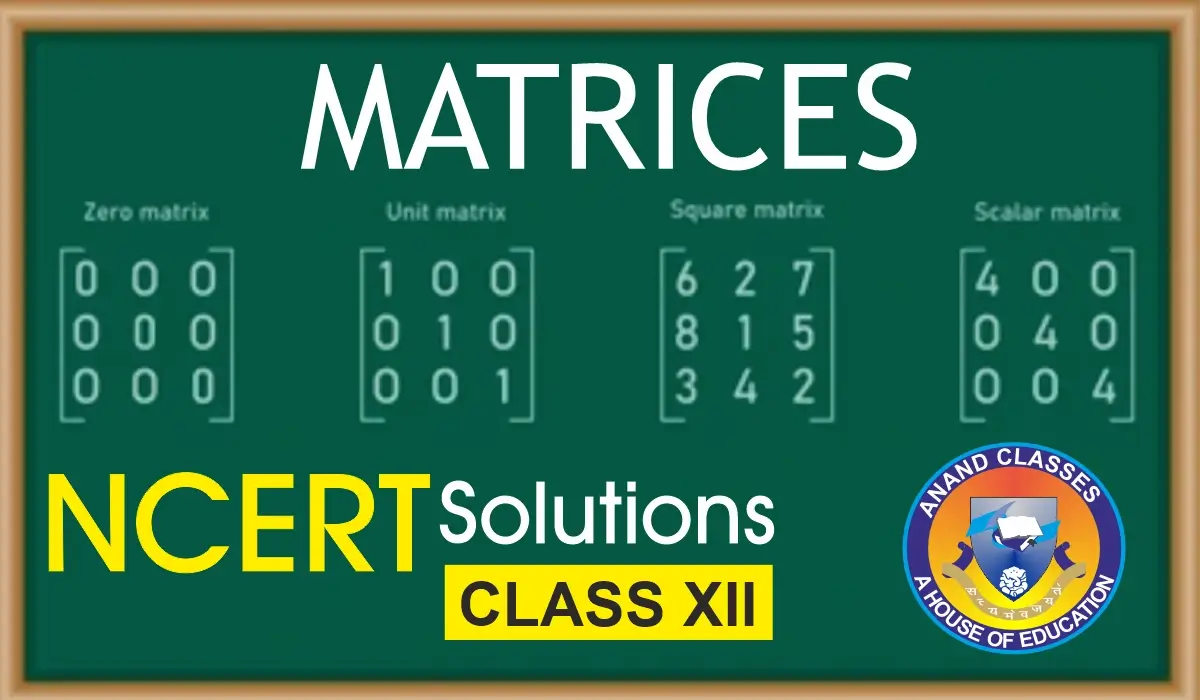Anand Classes explain in the periodic table, elements are arranged in periods (horizontal rows) based on the way their electrons fill up different energy levels (shells). Each period starts with the filling of a new energy shell, and the number of elements in a period depends on how many orbitals are available in that shell to hold electrons. Let’s explore the electronic configurations of elements in the first three periods and understand why each period has a specific number of elements.
Table of Contents
🧪 Electronic Configurations of Elements in Periods
Understanding how electrons fill up atomic orbitals in different periods of the periodic table helps us understand the chemical behavior of elements. Each period represents the filling of a new energy level (shell). Let’s explore the first three periods one by one.
🔹 Elements of the First Period (n = 1)
The first period is unique because it contains only two elements:
- Hydrogen (Z = 1) → 1s¹
- Helium (Z = 2) → 1s²
✅ This is due to the fact that the first energy level (K shell) has only one orbital (1s), and it can hold a maximum of 2 electrons.
🧠 So, only two elements can exist in this period.
🔹 Elements of the Second Period (n = 2)
The second energy level (L shell) consists of:
- One 2s orbital
- Three 2p orbitals
Together, they can accommodate 8 electrons (2 in 2s and 6 in 2p). Hence, the second period contains 8 elements, starting from:
- Lithium (Z = 3) → 1s² 2s¹
to - Neon (Z = 10) → 1s² 2s² 2p⁶
✅ The period ends when the second shell is completely filled.
🔹 Elements of the Third Period (n = 3)
The third energy level (M shell) includes:
- One 3s orbital
- Three 3p orbitals
- Five 3d orbitals
However, based on the energy level diagram of multielectron atoms, the 3d orbitals have higher energy than the 4s orbital.
💡 As a result, 3d orbitals are not filled in the third period.
👉 Only the 3s and 3p orbitals are filled, giving space for 8 electrons.
🧪 So, the third period also contains 8 elements, from:
- Sodium (Z = 11) → 1s² 2s² 2p⁶ 3s¹
to - Argon (Z = 18) → 1s² 2s² 2p⁶ 3s² 3p⁶
✅ FAQs
❓ What are the elements of the first period?
Ans: The first period contains only two elements — Hydrogen (1s¹) and Helium (1s²) — because the first shell (K) has only one orbital (1s), which can hold a maximum of 2 electrons.
❓ Why does the second period have 8 elements?
Ans: The second shell (n = 2) has one 2s and three 2p orbitals, which can hold a total of 8 electrons. Therefore, the second period has 8 elements — from Lithium (Z = 3) to Neon (Z = 10).
❓ Why are 3d orbitals not filled in the third period?
Ans: Although the third shell has 3d orbitals, they are higher in energy than 4s. So, the 3d orbitals are not filled in the third period. The third period includes only the filling of 3s and 3p orbitals.
❓ How many elements are there in the third period?
Ans: The third period has 8 elements — from Sodium (Z = 11) to Argon (Z = 18) — because it includes filling of 3s and 3p orbitals only.
❓ How is the number of elements in a period determined?
Ans: The number of elements in a period depends on the number of orbitals available in that shell and the energy order of orbital filling. Each orbital holds 2 electrons, so the total capacity determines how many elements can exist in that period.
❓ Why third period should have eight elements not eighteen ?
Ans: The number of elements in a period depends on the number of orbitals available in that shell and the energy order of orbital filling. In third period corresponding to n = 3, there are nine orbitals : one 3s, three 3p and five 3d.
However, we know from energy level diagram for multielectron atoms that 3d-orbitals are higher in energy than 4s-orbitals. Consequently, 3d-orbitals
are filled after filling 4s-orbital. Hence, this period involves the filling of only four orbitals (3s and 3p) and contains eight elements from sodium (Z = 11) to argon (Z =18).
📌 Summary Table: Electronic Configurations by Period
| Period | Principal Quantum Number (n) | Orbitals Involved | Number of Elements |
|---|---|---|---|
| 1st | 1 | 1s | 2 |
| 2nd | 2 | 2s, 2p | 8 |
| 3rd | 3 | 3s, 3p (not 3d) | 8 |
🧠 Did You Know?
- The periodicity in elements arises due to the repeating pattern of electronic configurations.
- The filling of d-orbitals starts only from the fourth period onward.
📝 Keep practicing electronic configurations to master the periodic table! For complete study material and solved examples, visit Anand Classes.
📚 Buy Study Material & Join Our Coaching
For premium study materials specially designed for JEE, NEET, NDA, and CBSE/ICSE Classes, visit our official study material portal:
👉 https://anandclasses.net.in/
To enroll in our offline or online coaching programs, visit our coaching center website:
👉 https://anandclasses.co.in/
📞 Call us directly at: +91-94631-38669
💬 WhatsApp Us Instantly
Need quick assistance or want to inquire about classes and materials?
📲 Click below to chat instantly on WhatsApp:
👉 Chat on WhatsApp
🎥 Watch Video Lectures
Get access to high-quality video lessons, concept explainers, and revision tips by subscribing to our official YouTube channel:
👉 Neeraj Anand Classes – YouTube Channel


